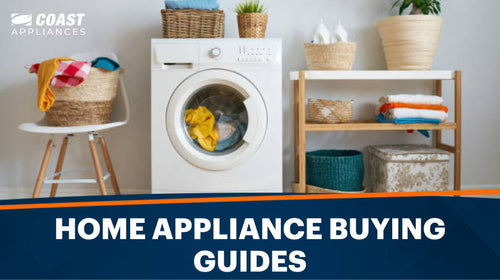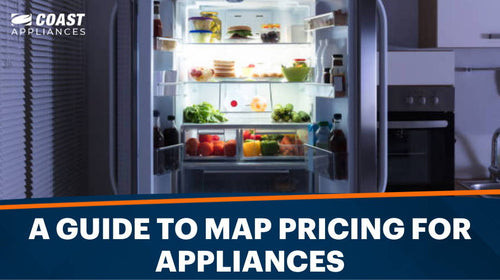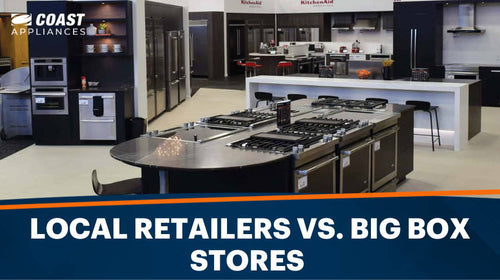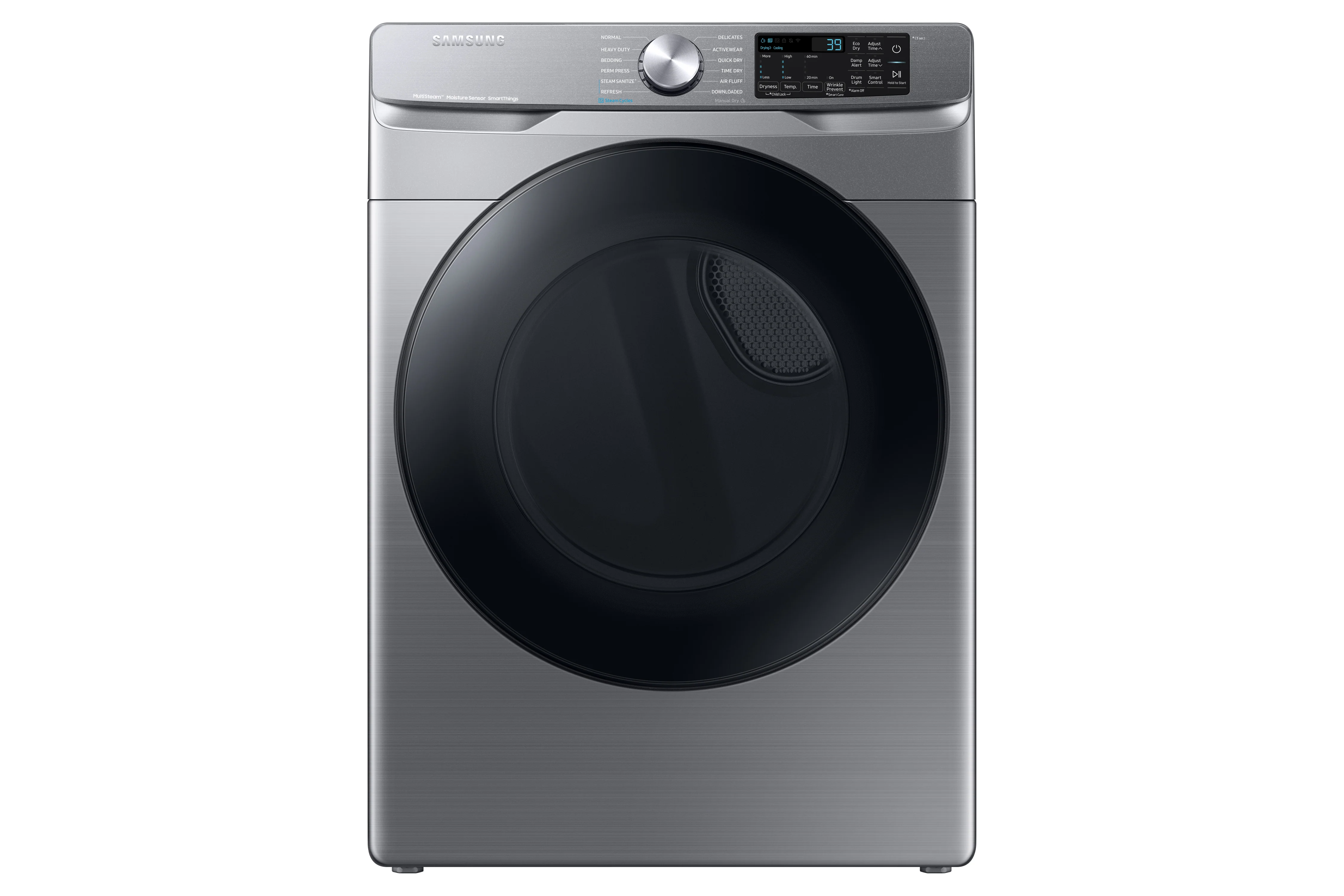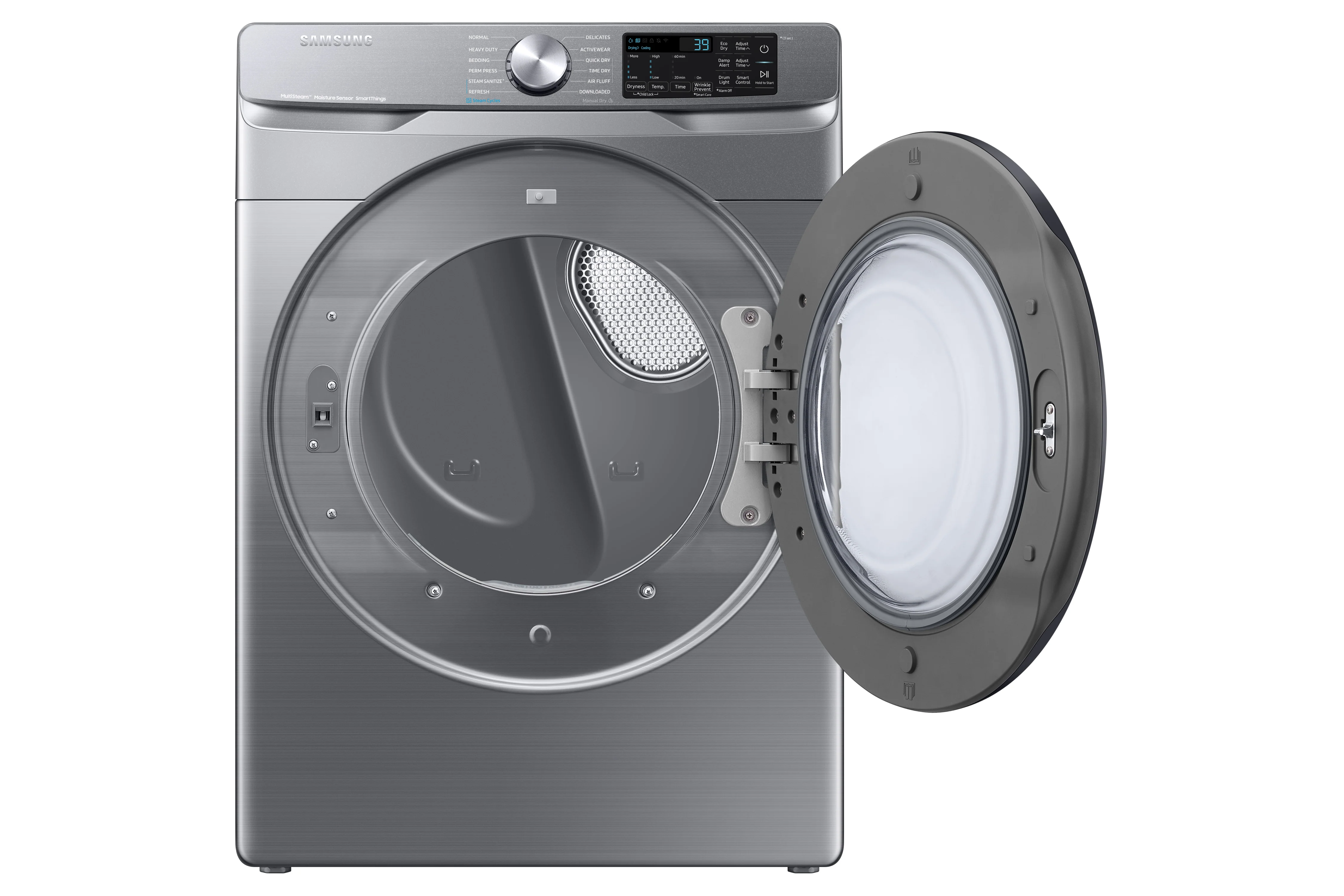From kitchen to laundry, your appliances are the real MVPs of your home, and they deserve some TLC in return. Want to unlock their full potential and achieve longevity? Maintain them regularly! Unsure where to start? Welcome to the ultimate appliance maintenance. Our experts have gathered valuable tips to keep your appliances humming happily for years. Discover the checklist, tips, and DIY repairs to make your wallet smile too!
In this guide we’ll cover:
The Importance of Appliance Maintenance
Because proper maintenance unlocks several benefits:
-
It keeps your appliances at peak performance.
-
Proactive maintenance helps identify and address minor issues before they become major ones. This saves you from costly repairs or even the need for premature replacements.
-
Well-maintained appliances operate more efficiently, so they consume less energy when performing routine tasks. This helps reduce your utility bills and save more money in the long run.
-
Safety is paramount when dealing with appliances, especially those that use electricity or gas. Regular maintenance helps identify and prevent potential hazards, ensuring your home always remains safe.
-
Constantly worrying about your appliances breaking down before you can afford to replace them can make you miserable. When your appliances are well-maintained, you’re sure they’ll work reliably and consistently for longer, and this gives you room to focus on other things.
Cost-Saving Benefits of Appliance Maintenance
Again, your home appliances are valuable investments, and maintaining them properly is the key to getting the most out of your hard-earned money. Let’s look at some of the most significant cost-saving benefits proper maintenance offers
-
Extended appliance lifespan – Better appliance care equals longer service. Ultimately, this postpones the need for replacements and frequent repairs and saves you more money in the long run.
-
Prevention of major breakdowns – Left unattended, even the slightest issue will gradually snowball into a major breakdown. Regularly addressing minor problems can help avoid these problems in the future, saving you thousands of dollars in expensive repairs or replacements.
-
Preserving warranty coverage – Most manufacturers offer a warranty for every appliance you buy. The warranty remains valid for a specific period, provided some conditions are met. Keeping up with your appliance’s maintenance ensures your warranty stays intact, providing added protection for your investment.
-
Increased home value – Well-maintained appliances add value to your home, especially when it comes to selling. Often, potential buyers will be more attracted to a property with well-maintained appliances when comparing available options.
Appliance Maintenance Checklist
Each appliance in your home has specific requirements to maintain peak performance. Consult the appliance’s user manual for detailed instructions. Before we dive into the specifics, let’s look at general essential tips to help unlock your appliances' potential.
General Maintenance Tips
-
Keep appliances clean from dust, grime, and food debris to maintain efficiency and appearance.
-
Inspect hoses, connections, and seals for leaks to prevent water damage and potential mould growth.
-
Check power cords for signs of wear or fraying, and replace damaged cords immediately to avoid electrical hazards.
-
Clean or replace filters as the manufacturer recommends to improve performance and air quality.
-
Ensure refrigerators, ovens, and freezers maintain accurate temperature settings for optimal performance and food safety.
-
Apply appropriate lubricants to moving parts of appliances, such as door hinges, to reduce friction and extend their lifespan.
-
Inspect and clean door seals and gaskets on refrigerators, ovens, and dishwashers to maintain proper sealing and energy efficiency.
-
Check safety features like auto-shutoff and gas leak detectors to ensure they function correctly.
-
Ensure appliances are level to prevent vibrations, noise, and potential damage.
-
Remove lint and debris from dryer vents regularly to prevent fire hazards and improve drying efficiency.
-
Follow the recommended maintenance for water softeners to prevent mineral buildup and protect appliances using water.
-
Clean or replace air filters in HVAC systems, air purifiers, and range hoods to maintain optimal air circulation and reduce energy consumption.
-
Regularly flush water heaters to remove sediment and improve energy efficiency.
-
Pay attention to any unusual noises, odours, or performance issues and address them promptly.
Refrigerator and Freezer Maintenance
-
Keep the interior clean and organized.
-
Check and clean door seals regularly.
-
Close the doors tightly when the fridge is not in use.
-
Set and maintain proper temperature settings.
-
Clean the condenser coils.
-
Defrost manual-defrost freezers when needed.
-
Ensure proper ventilation around the appliances.
-
Avoid overloading the refrigerator or freezer.
-
Check and replace water filters as recommended.
-
Clean and inspect the ice maker and dispenser.
Tip: Call a specialist if the fridge/freezer can’t maintain a consistent and appropriate temperature and there are unusual noises or excessive vibrations.
We also prepared a full article if you want to see a more in-depth checklist for fridge maintenance and a Fridge Noise 101 Guide if you are dealing with a noisy refrigerator.
Oven and Stove Maintenance
Here’s your oven and stove maintenance checklist:
-
Clean burners, grates, and caps.
-
Check heating elements for damage.
-
Test heating elements for even heat distribution.
-
Calibrate oven temperature settings.
-
Remove and clean oven racks separately.
-
Replace oven light bulbs as needed.
-
Avoid using harsh chemicals on oven surfaces.
Tip: Consult a specialist if your stove fails to heat up or maintain the desired temperature.
Cooktop maintenance checklist
-
Clean the cooktop surface regularly, using appropriate cleaning agents.
-
Remove and clean burner knobs and grates.
-
Check for gas burner ignition issues (for gas cooktops) or damaged heating elements (for electric cooktops).
-
Test each burner for even heating and proper functionality.
-
For induction cooktops, ensure the surface is free from debris and spills that could interfere with induction heating.
Tip: Seek professional help if one or more burners consistently fail to ignite properly.
Clean range hood filters regularly.
-
Check and clear the ventilation system for blockages.
-
Inspect and replace the exhaust fan if needed.
-
Wipe down the exterior to remove grease.
-
Clean and maintain grease traps or trays.
-
Ensure lights are working and replace bulbs if necessary.
Dishwasher Maintenance Checklist
Clean dishwasher filters regularly to prevent clogs.
-
Unclog spray arms and ensure they can rotate freely.
-
Check and clean door gaskets for proper sealing.
-
Inspect and clean the dishwasher interior for any debris or food particles.
-
Check and tighten any loose dishwasher racks or components.
-
Run an empty dishwasher cycle with a dishwasher cleaner for a thorough cleaning.
-
Use the appropriate dishwasher detergent and follow the manufacturer's guidelines.
-
Load dishes properly to ensure efficient cleaning and avoid blocking spray arms.
Tip: Consult a specialist if the dishwasher leaks consistently.
Washing Machine and Dryer Maintenance Checklist
-
Clean the lint filter or trap regularly to avoid clogs.
-
Check and clean the detergent dispenser drawer for residue buildup.
-
Check and clean the dryer vent and duct regularly to improve airflow.
-
Inspect hoses for leaks or damage, and replace them if necessary.
-
Ensure the washing machine is level to prevent excessive vibrations.
-
Run a monthly cleaning cycle with white vinegar or a washing machine cleaner to remove bacteria and odours.
-
Leave the washer door open after each use to allow the drum to dry and prevent musty odours.
Appliance Maintenance Time Checklist
Time is of the essence when it comes to keeping your household appliances in top-notch condition. Here’s a timed checklist to help you maintain your appliances at the right intervals.
| Appliance | Maintenance task | Periodicity |
|
Refrigerator |
Clean condenser coils Replace door seals Defrost manual defrost freezers |
Every 6 months to 1 year Every 12 months As needed |
|
Oven and stove |
Clean burners, grates and caps Checking heating elements |
Monthly At least annually |
|
Cooktop |
Clean cooktop surface Check burner ignition |
After every use |
|
Dishwasher |
Clean filters |
After each use |
|
Washing machine |
Clean lint filter or trap |
After each load |
|
Dryer |
Clean lint filter |
Before/after each load |
Safety Precautions for Appliance Maintenance
Your safety should come first when performing appliance maintenance tasks. Here are a few precautions to ensure hassle-free and secure appliance maintenance.
-
Always follow the manufacturer's instructions and safety guidelines.
-
Disconnect power sources before working on electrical appliances.
-
Wear appropriate protective gear, such as gloves and safety goggles.
-
Keep water and liquids away from electrical components to avoid electrical shock.
-
Check for leaks when working with gas appliances.
-
Use the right tools for the job to prevent accidents and appliance damage.
Conclusion
Prioritizing appliance maintenance tasks in your home helps unlock their potential and improve longevity. Remember, this will also save you thousands of dollars in costly repairs, promote energy efficiency and enhance safety in the home. Looking to upgrade or replace any appliances? Coast Appliances is your reliable source for high-quality household appliances. Visit our homepage for a wide range of top-notch solutions to suit your needs.
Appliance Maintenance Checklist FAQs
How often should appliances be serviced?
Appliances should be serviced annually or as recommended by the manufacturer.
How many years should appliances last?
On average, most appliances can last anywhere from 10 to 15 years or more with proper care and regular maintenance.
How can you prolong the life of your appliances?
Perform regular maintenance tasks, such as cleaning filters, checking for leaks, and replacing worn parts. Also, avoid overloading, use appliances as intended, and follow manufacturer guidelines to ensure optimal performance and longevity.

